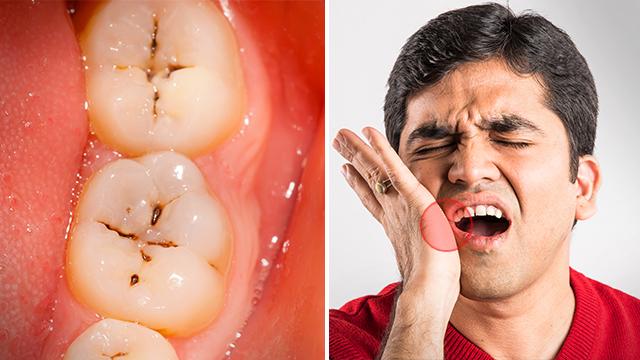Teeth are some of the most important implements of our bodies. Although we can live without them, it makes life incredibly difficult—and the healthier they are, the easier it is for you to go about doing everything from talking to eating.
Just like other aspects of taking care of ourselves—watching what we eat, exercising, and showering each day—oral hygiene has its particulars to keep in mind, which, if neglected, may easily lead to tooth decay or worse, and that can be both painful and expensive to remedy.






